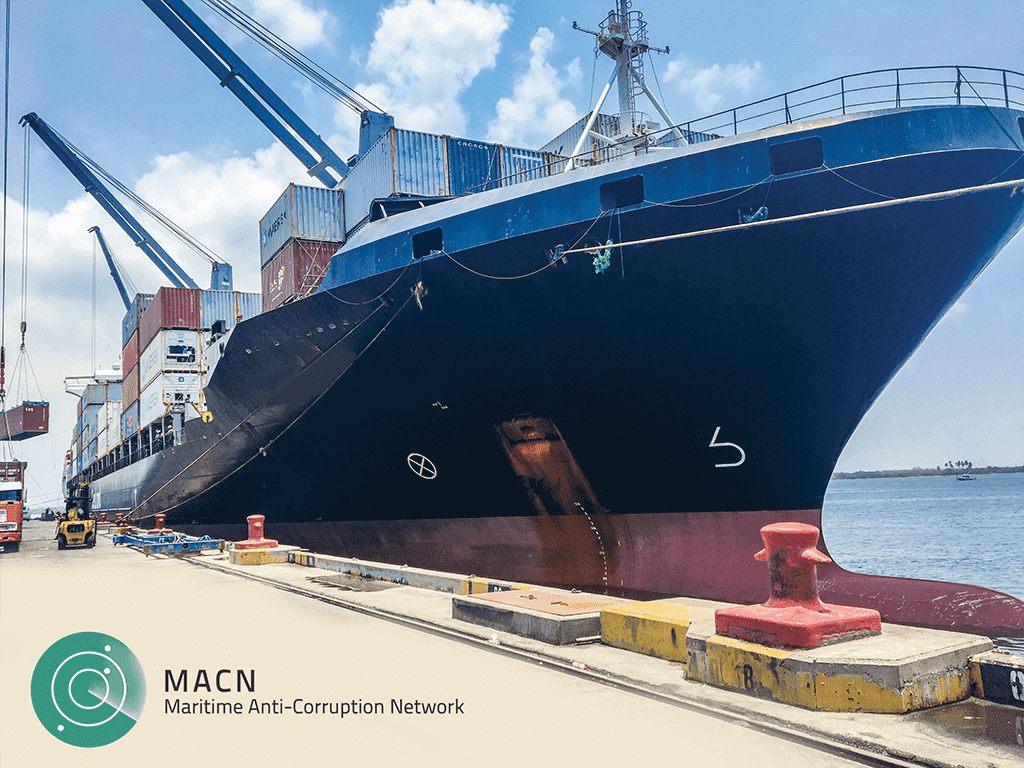The Maritime Anti-Corruption Network (MACN) has been gathering data for over a decade to understand the extent of corruption in the port and maritime sector. While the direct costs of corruption have been well-documented, the overall monetary impact on the industry and society, including hidden indirect costs like extended lead times, has not been fully assessed. A new study by Danish consultancy QBIS, commissioned by MACN, quantifies the dollar value of corruption across the maritime supply chain for the private sector, government, and society.
Using Nigeria as a case study, the assessment reveals that corruption costs for importing food and bulk products into the country exceed $162 million per year, adding about 15% to total transport and logistics costs. This results in an average corruption cost of $182,300 per shipment for bulk imports. With 63% of Nigerians classified as multidimensionally poor, increased costs due to corruption make essential goods less affordable for the average family, impacting GDP, tariffs collected by Customs, and job creation.
The study warns that the total economic damage of maritime corruption is likely much higher than estimated. If the costs of corruption also apply to container imports, the economic damage from maritime corruption could more than double. This highlights the need for continued efforts to address corruption in the maritime industry to minimize its negative impact on society and the economy.







